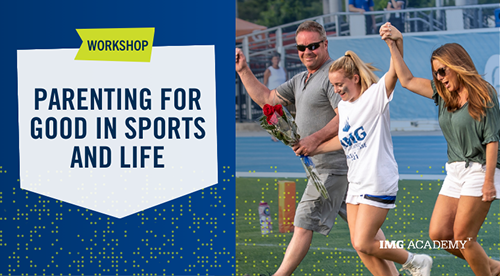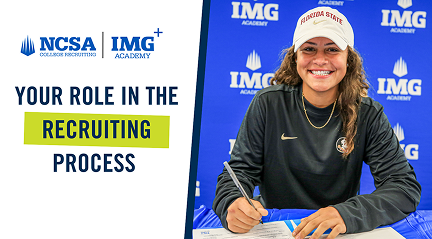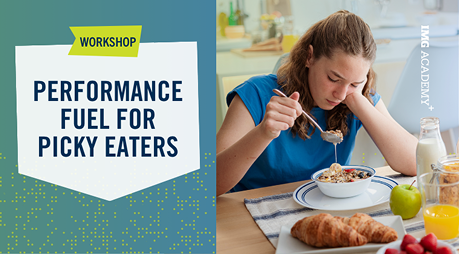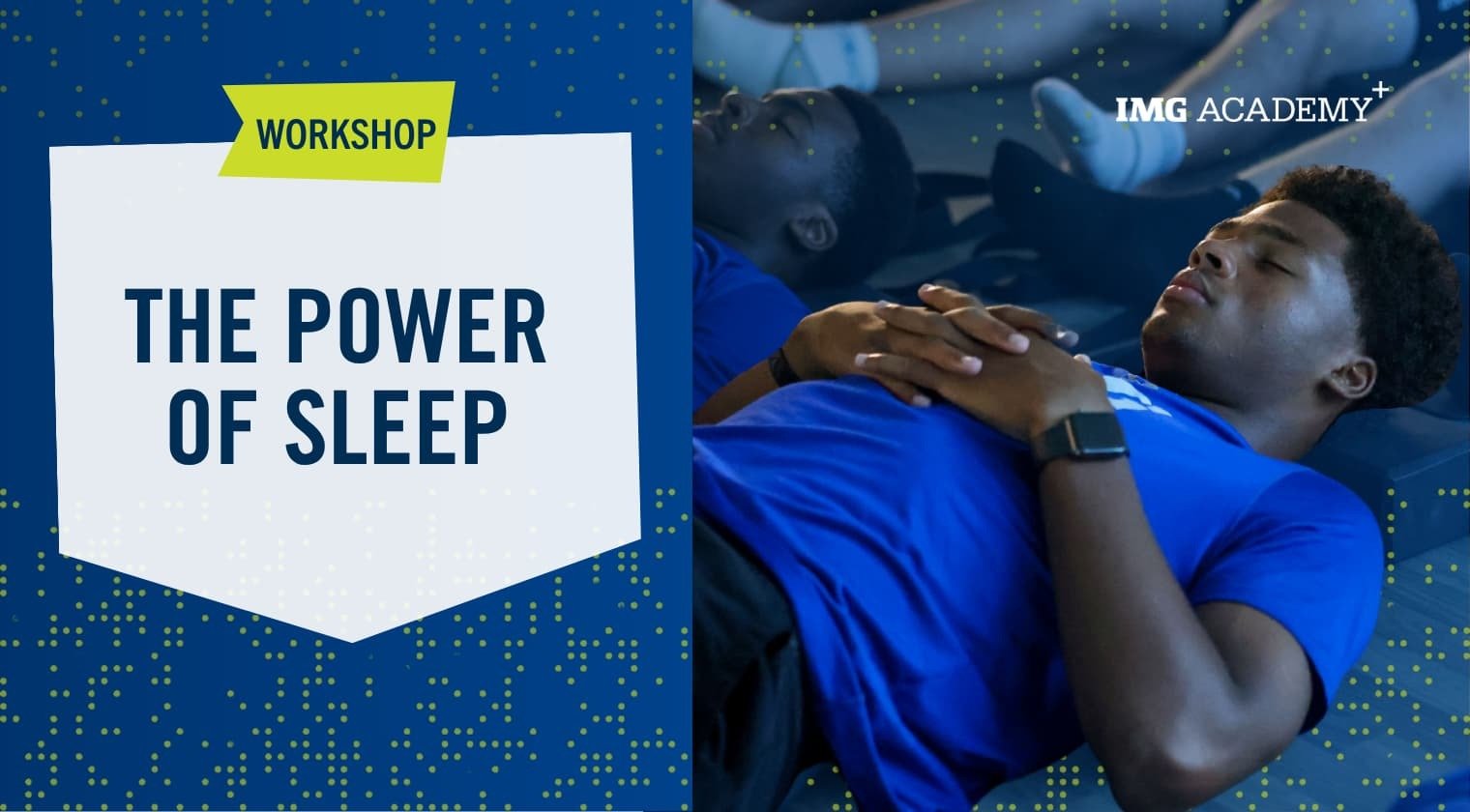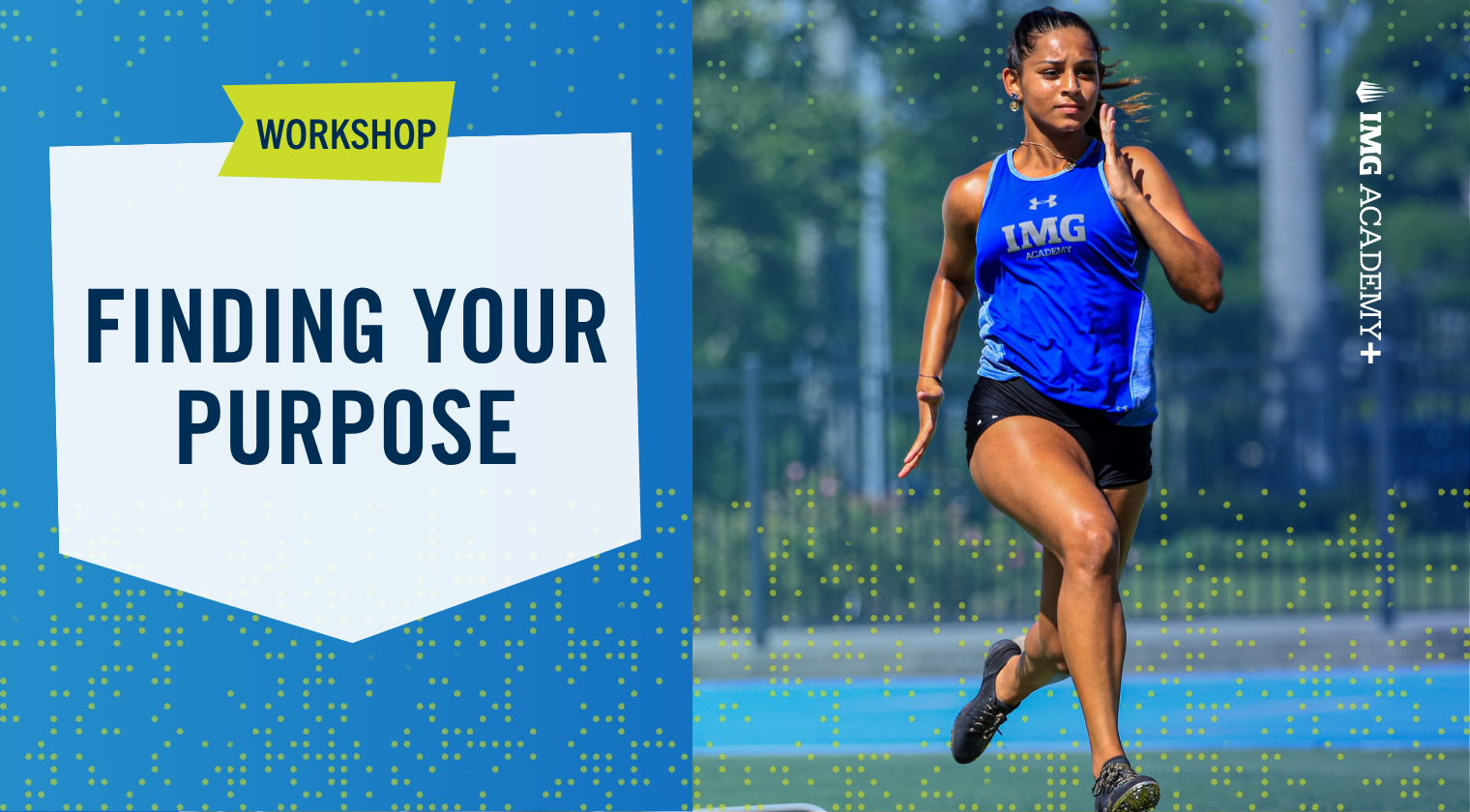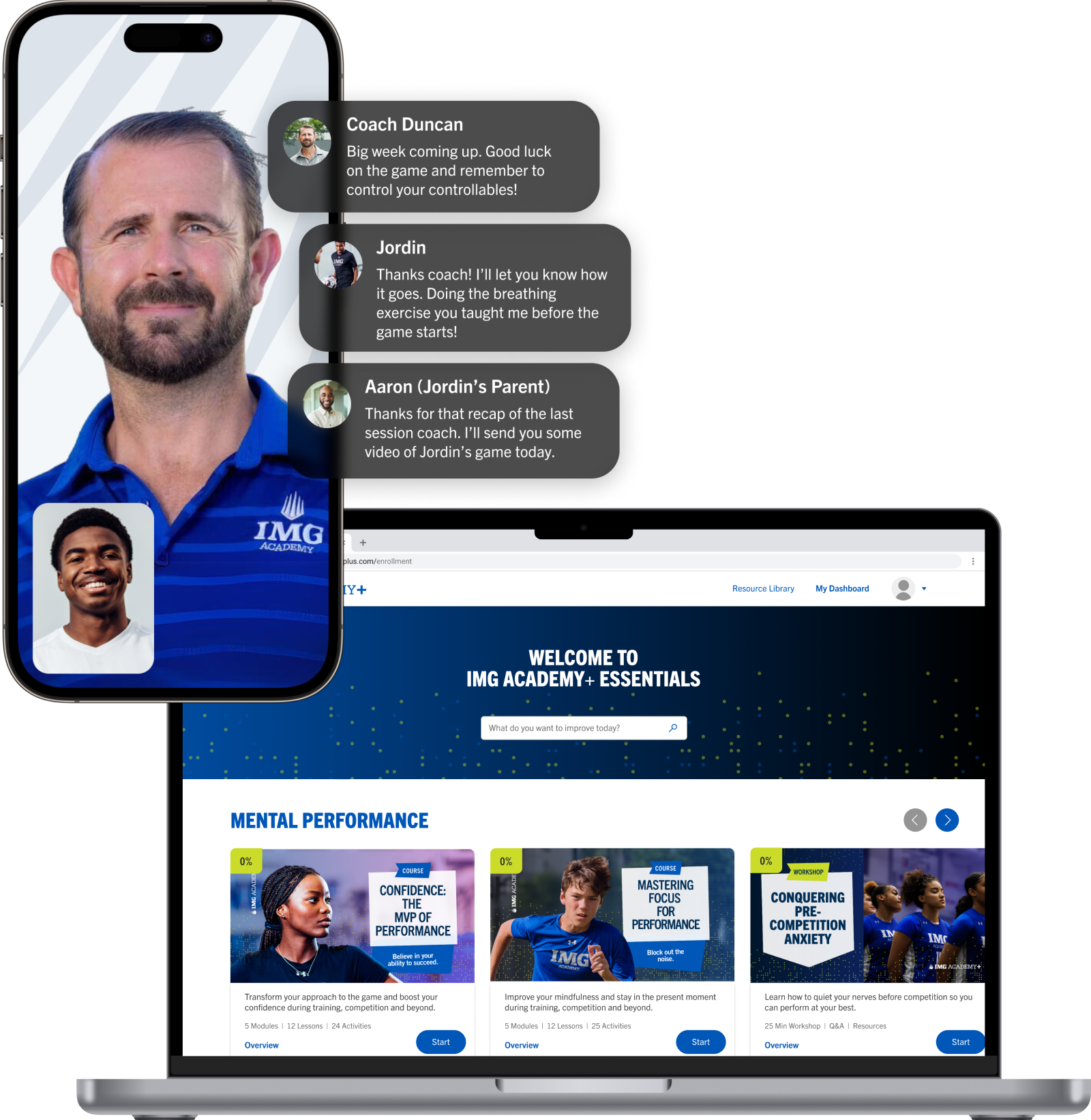The amount of preparation student-athletes do before a competition is immense. Countless hours are spent practicing sport-specific skills, doing off-the-field drills to sharpen the body and mind, and improving sleep and nutrition habits in hopes of performing their best when it matters most.
There’s no question that student-athletes lean on their preparation during competition — as they should. That said, perhaps assessing a student-athlete’s performance when things don’t go as planned is a more accurate measure of their grit. As legendary boxer Mike Tyson once said, “Everyone has a plan until they get punched in the mouth.”
So, what if student-athletes had a plan for what to do after getting punched in the mouth, metaphorically or literally? What would happen if the most intense competitors could shrug off distractions and manage their emotions in a way that kept them on track in the most crucial moments?
The answer is that when keeping one’s composure is treated as a skill that can be mastered, even the most volatile student-athletes can learn how to push through those potentially derailing challenges without losing their way, says Myles Englis, a Mental Performance Coach at IMG Academy and a former collegiate and professional soccer player. And he would know.
“When I was in high school, I was such a hothead,” he says. “It was detrimental to my performance. I got to college and knew that something needed to change.”
Identifying External and Internal Threats to Your Composure
Englis, a certified mental performance consultant who works with student-athletes in a variety of sports, says competitors will face challenges from all directions during their careers, and from both internal and external forces. Those challenges arise when student-athletes go into competition with inflexible expectations of how they will perform, he says.
“We want everything to line up exactly how we want it to, and when the pieces fall this way, [the student-athlete] knows they’re going to play well,” Englis says. “But that’s not a very psychologically strong strategy, because when one thing goes wrong, the house of cards comes crashing down.”
There are dozens of potential external threats to composure, and they can differ by sport, but there are some commonalities. Student-athletes want to be perfect, so failure of any kind can sidetrack their performance. So can receiving feedback that a player doesn’t like from a coach. Other things like an inaccurate call from a referee, a snide comment from an opponent, or losing playing time can also affect composure.
Internally, student-athletes are often distracted by self-doubt, whether that’s based on a personal failure or an external challenge, such as a team loss. It could also be connected to a return from injury or worries about advancing to a higher level.
Both types of challenges can cause a student-athlete to become overwhelmed by emotion, lose their composure, and lash out.
Strategies for Training Your Mind to Keep Your Composure
“Composure is not allowing emotions to get in the way, because emotions are going to be there,” Englis says. “It’s not like we can make them go away.”
Even so, he says, there are plenty of things student-athletes can do to manage their emotions and improve their composure. Like dribbling a basketball, lining up a putt, or fielding a ground ball, composure is a skill that can be trained, and Englis recommends a pair of practices to improve the skill.
The Cathartic Power of Journaling
This practice doesn’t have to mean writing in journals, especially for younger student-athletes. It could be drawings, bulleted lists, or anything else the person is comfortable with. The important thing is to express emotions somewhere other than in the heat of competition, and to do so privately and personally — something that’s increasingly hard to do in a world dominated by social media.
“Having a journal that’s just for you, that only you’re going to read, can be very cathartic,” Englis says. It lets student-athletes express themselves “in a way that is not going to be judged.”
Englis suggests the 3-and-1 approach to journaling to combat what he calls a “bias toward negativity,” meaning that people tend to think more about things that go wrong than things that go right.
“With the 3-and-1 approach, we’re talking about three things that went really well,” he says. “Then for the one bad thing, you write down whatever that is, and now we think about a systematic way that we don’t let it happen again or that we try to improve upon it.”
Making journaling a regular practice for even just five minutes a day enables student-athletes and their coaches or parents to identify patterns — both in what they do well and what they need to work on — in a dispassionate way that won’t lead to a loss of composure. Then, when faced with similar situations, student-athletes can be more prepared to respond.
How to Reset
In the heat of the moment, Englis recommends developing a strategy for anchoring and triggering a mental reset. When he was competing, Englis would find a spot in the stadium that was meaningful to him and turn his focus to that spot when he felt distracted or had his composure tested. Another popular strategy is wearing a rubber band on your wrist and snapping the band to remind yourself to come back into the moment and not get lost in your emotions.
As with journaling, learning to anchor and reset takes time. In fact, any solution that improves composure is a slow and nonlinear process, with anticipated ups and downs and an expectation that student-athletes won’t develop this type of discipline and composure right away. It can take weeks or even months of regular practice to see rewards.
In the meantime, Englis also recommends that student-athletes and their families take particular care to separate the person from the competitor to help moments of failure or criticism, which test composure, feel less dire.
“For some of the older kids, it’s about separating the person from the athlete,” he says. “The one that I like to talk about, especially with golfers, is that you’re a brother, son, boyfriend, pet parent, and cousin who happens to be really good at golf. It’s not the other way around, and don’t get it twisted.”
Need help keeping your cool under the bright lights? Take IMG Academy’s on-demand focus course.


